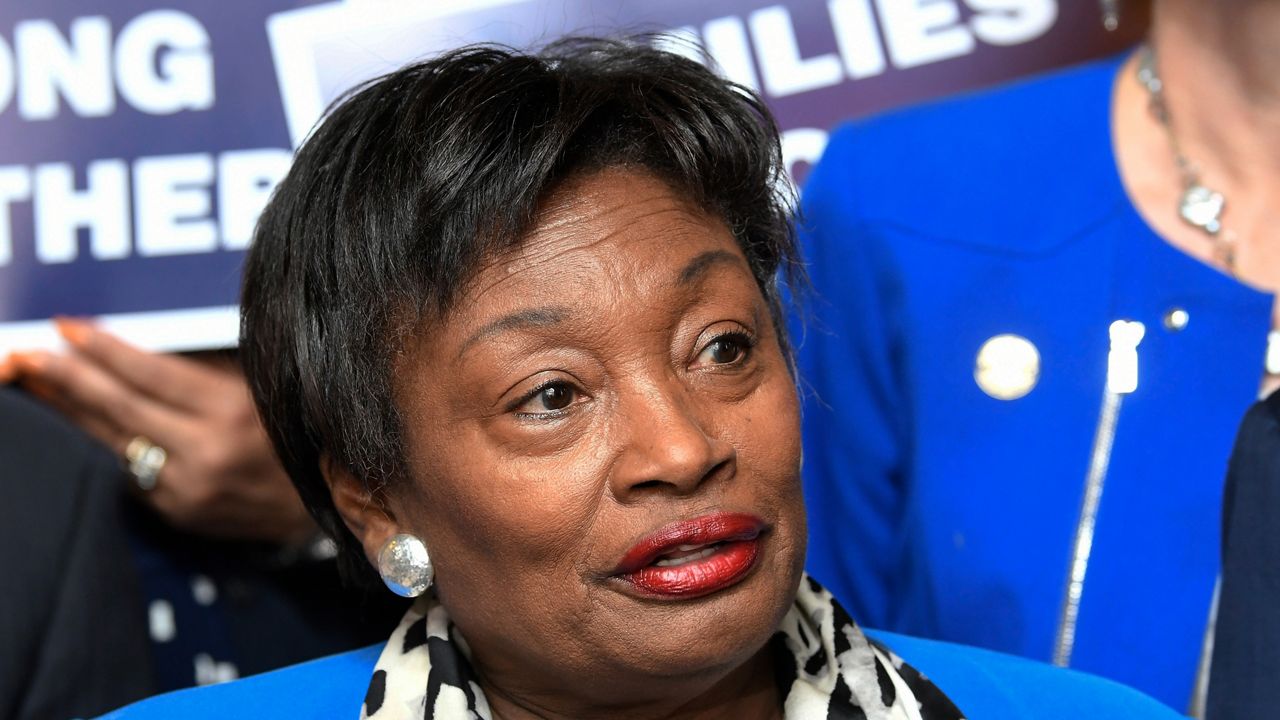Raising new revenue through taxes is not the “first fallback” Senate Majority Leader Andrea Stewart-Cousins on Monday told reporters during a retreat of the Democratic conference.
The state faces a $6.1 billion budget gap ahead of the state budget due March 31, fueled in large part by a gap in Medicaid spending.
“We will be spending time talking about that. Whatever happens everybody is going to have to decide how to deal with the shortfall,” Stewart-Cousins said. “We are obviously concerned. It is critical — our first fallback isn’t let’s raise taxes.”
Assembly Speaker Carl Heastie last week said he would not want to cut spending, but rather seek revenue raisers to fill the gap.
Gov. Andrew Cuomo’s office has been generally opposed to further tax hikes on the rich. A small percentage of the super wealthy in New York account for nearly half of the state’s revenue from the personal income tax.
But Democrats in the state Senate face a somewhat different calculus: They have moderate members from upstate and the New York City suburbs who are generally leery of a tax increase. But more progressive members from New York City are inclined to seek higher taxes on the wealthy.
Democrats in the state Senate last year won a key tax victory for their suburban and upstate members with making the state’s cap on property tax increases a permanent one.
Assembly Democrats, too, in the past have support broad-based tax rate increases on the super wealthy, often people who earn more than $5 million.
Still, options are limited: Raising new revenue through measures like legalizing marijuana wouldn’t see that cash flow immediately to the state.
“That revenue is not an instant revenue,” she said. “We have an immediate problem and whatever solutions would be would have to happen immediately.”


